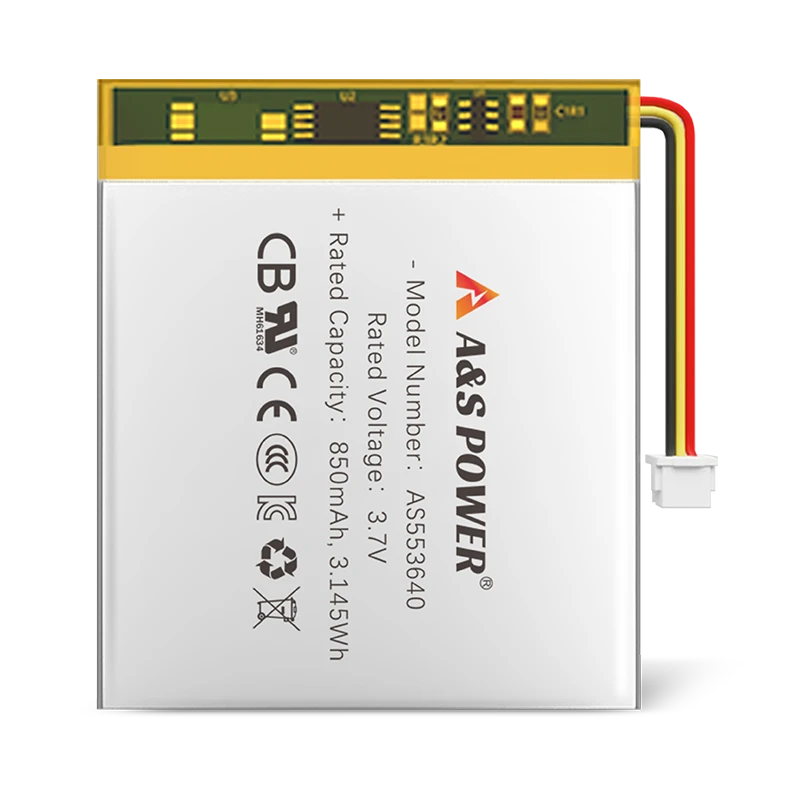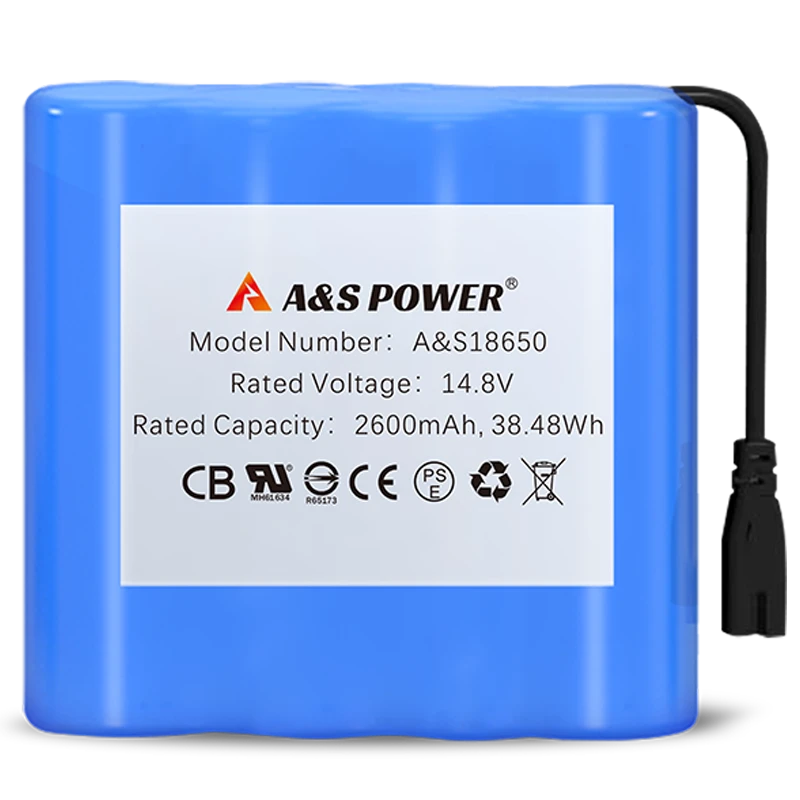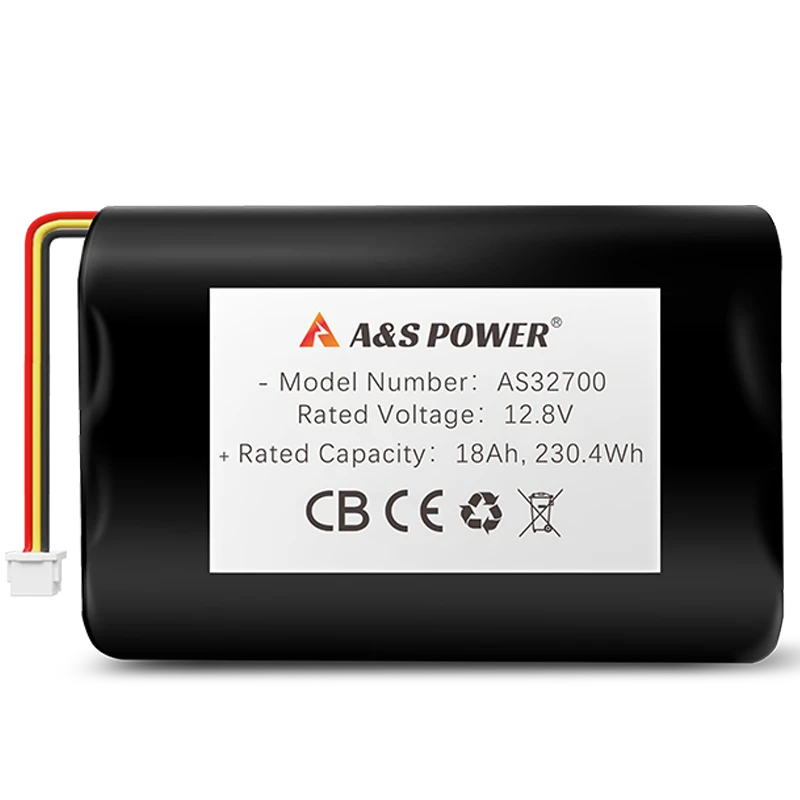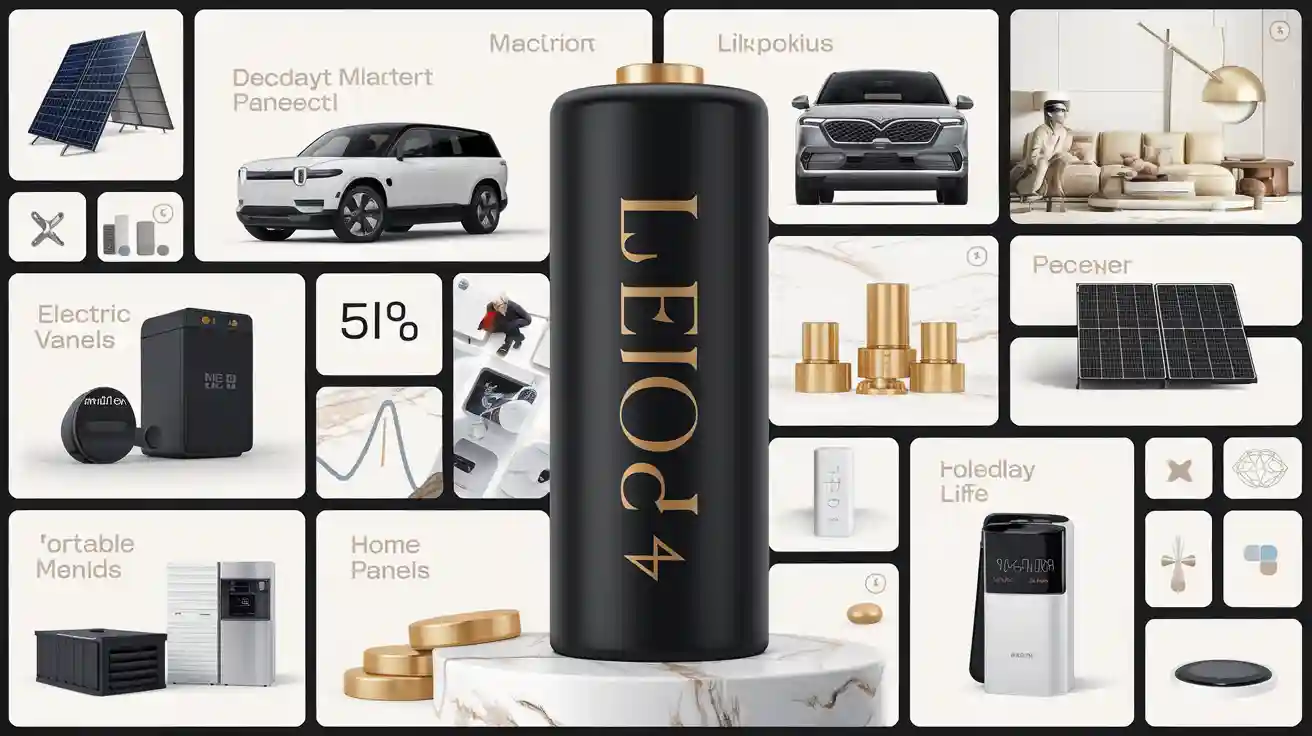LiFePO4 battery widely used in market
You see LiFePO4 batteries almost everywhere now. The LiFePO4 battery is very popular. Companies want safe power that lasts long and helps the environment, which is why the LiFePO4 battery is in high demand.
- In 2021, LiFePO4 batteries made up 52% of the world market. Experts think this number will go over 60% by 2024.
- By September 2022, the LiFePO4 battery powered 31% of electric cars. Tesla and BYD use the LiFePO4 battery the most.
Look at the table below. The LiFePO4 battery is special for safety, lasting a long time, and not using cobalt:
| Aspect | Fact |
|---|---|
| Safety | Less chance of getting too hot or catching fire |
| Lifespan | More than 9500 charges, better than other lithium-ion batteries |
| Cobalt-free | No cobalt, so it is better for nature |
You see the LiFePO4 battery in electric cars, energy storage, and electronics. Many people pick the LiFePO4 battery because it works well and helps the earth.
Key Takeaways
- LiFePO4 batteries are liked because they are safe and last long. They are also good for the environment. People use them in electric cars, energy storage, and electronics. These batteries can work for more than 10 years. They can be charged over 9,500 times. This makes them save money and create less waste. LiFePO4 batteries do not have cobalt in them. This makes them safer for nature and avoids problems with mining. They give steady power and do not get too hot or catch fire easily. This makes them a good choice for many uses. More people want LiFePO4 batteries now. The market is growing fast because people want safe and green energy.
Why lifepo4 battery is widely used
You can find lifepo4 batteries in lots of places today. The market for lifepo4 battery technology keeps getting bigger. People want power that is safe, lasts long, and is good for the earth. Lifepo4 batteries are used in EVs, energy storage, and electronics. Here are the main reasons why lifepo4 batteries are so popular.
Safety features
Safety is important when picking a battery. Lifepo4 batteries are safer than other types. They meet high safety rules and help stop problems like getting too hot or catching fire. The table below shows how lifepo4 batteries are different:
| Feature | LiFePO4 Batteries | Other Lithium Batteries |
|---|---|---|
| Thermal Stability | High | Moderate to Low |
| Risk of Fire | Low | High |
| Cycle Life | Long | Short |
| Toxicity | Low | Moderate |
For a lifepo4 battery to catch fire, the oxygen inside the iron phosphate must come out. This is very hard to do and needs very high heat. Some lifepo4 cells have overheated because they were not installed right. People worried about fires, but none have burned on boats yet.
The liquid inside the battery can burn if the cell is broken. But, from what I have read, a lifepo4 battery cannot start a fire by itself.
Lifepo4 batteries almost never get too hot or catch fire. This makes them great for EVs, energy storage, and other important uses.
Long lifespan
People want batteries that last a long time. Lifepo4 batteries last much longer than other lithium-ion batteries. The table below shows the difference:
| Battery Type | Cycle Life (Cycles) | Lifespan (Years) |
|---|---|---|
| LiFePO4 | 3,500+ | 10+ |
| Conventional Li-ion | 500 - 1,500 | 1-3 |
You can charge and use a lifepo4 battery many times. This saves you money and helps cut down on waste. Lifepo4 batteries are used in EVs, solar storage, and backup power because they last so long.
Cobalt-free benefits
Lifepo4 batteries help the planet because they do not use cobalt. Here are some benefits:
- No cobalt means fewer worries about mining hurting people or nature.
- Making these batteries is safer and does not use as many dangerous steps.
- They are safer because there is less chance of fire when making, using, or throwing them away.
- Lifepo4 batteries are better for the earth than batteries with cobalt.
- They do not need big mining projects that can hurt people and places.
- Cobalt-free batteries cost less and are easier to get, so prices are lower.
- They do not use harmful chemicals, which is safer for everyone.
Lifepo4 batteries are good for the earth and save you money. You see them in EVs, energy storage, and electronics.
The market for lifepo4 batteries keeps getting bigger. In 2023, the market was worth $8.54 billion. Experts think the market for round lifepo4 batteries will be almost $4.6 billion by 2030. The growth rate is 6.1% each year. Governments support lifepo4 batteries because they want safer and greener energy. More lifepo4 batteries are used in EVs and renewable energy every year.
People pick lifepo4 batteries because they are safe, last long, and do not use cobalt. You see them in electric cars, energy storage, and electronics. The market will keep growing as more people want safe and green power.
Advantages of lifepo4
High discharge capability
You want a battery that gives power fast and steady. Lifepo4 batteries are good at handling high-rate discharges, often above 1C. This means you get strong energy bursts when you need them. Many lifepo4 batteries let you use all their rated capacity without hurting them. Makers say using 80% helps the battery last longer. Lead acid batteries only let you use half their rated capacity. You need twice as many lead acid batteries to get the same power.
Tip: If you use a 12V 100Ah lifepo4 battery, you get the same energy as a 12V 200Ah lead acid battery. This saves space and weight in your setup.
Lifepo4 batteries work well in electric cars, solar systems, and backup power. You get more energy and better performance for your needs.
Stability
You want a battery that stays safe and works in many conditions. Lifepo4 batteries have great chemical and thermal stability. The strong P-O covalent bond inside helps lifepo4 resist heat and stress. Studies show lifepo4 breaks down only at very high temperatures, around 245°C. The total weight loss during heating is about 10%. This is much less than other battery types.
- Lifepo4 batteries have better thermal stability than many other lithium batteries.
- They resist thermal runaway, so they are less likely to overheat or catch fire.
- Tests like DSC and ARC show lifepo4 batteries stay stable even in tough conditions.
| Test Method | What It Shows |
|---|---|
| DSC | Measures thermal stability and reactions |
| ARC | Checks for thermal runaway at the cell level |
| Kissinger Method | Predicts how the battery reacts to heat over time |
You can trust lifepo4 batteries to work safely in hot and cold places. This makes them a smart choice for electric cars, solar storage, and many other uses.
Cost efficiency
You want a battery that saves money over time. Lifepo4 batteries cost less to own and take care of than lead acid or other lithium batteries. For example, the RELiON RB100 lifepo4 battery costs $1,925 over its life. This is 51% less than the cheapest lead acid battery. The average cost per charge is only $0.27. Lifepo4 batteries last longer and need less care, so you spend less on replacements and repairs.
Note: Lifepo4 batteries have a higher cycle life, so you can use them for more years before they wear out.
Several things help lifepo4 batteries stay cost-efficient:
- High cycle life gives you more uses for your money.
- Good temperature management keeps the battery healthy.
- Using a lower depth of discharge helps the battery last longer.
You get more value from lifepo4 batteries because they last longer, work better, and cost less to maintain. This makes them a top choice for electric cars, solar power, and backup systems.
Limitations of lifepo4 battery
Energy density
Lifepo4 batteries do not hold as much energy as some other lithium-ion batteries. You need a bigger battery to get the same power. This can be a problem if you want something small and light. Here are some things to know about energy density:
- Lifepo4 batteries have less energy density than other lithium-ion types.
- Other lithium-ion batteries can fit more energy in a smaller space, so they are better for small, light electric vehicles.
If you need a battery for a small device or a light car, you might want to pick something else.
Charging speed
How fast a battery charges is important if you want to use it soon. Lifepo4 batteries charge faster than some old batteries, but they are not the fastest. Look at the tables below to see how lifepo4 compares:
| Battery Type | Typical Charging Rate |
|---|---|
| LiFePO4 | 0.5C to 1C |
| AGM | Slower than LiFePO4 |
| Battery Type | Charging Time |
|---|---|
| LiFePO4 | 1-2 hours |
| AGM | Over 5 hours |
| Battery Type | Charging Time |
|---|---|
| LiFePO4 | 2-4 hours (100Ah) |
| Traditional Lead-Acid | Usually takes longer |
Lifepo4 batteries charge pretty fast, but some lithium-ion batteries are even quicker. If you want a battery that charges super fast, you should compare different types.
Size and weight
The size and weight of a battery can change how you use it. Lifepo4 batteries are bigger and heavier than some other lithium-ion batteries. You might need more room to put them in. If you want a battery for a small device or a tiny car, lifepo4 batteries might feel too big. Always check the size and weight before you buy.
Tip: Measure your space and check weight limits before picking a lifepo4 battery for your project.
Think about these limits when you choose a battery. Lifepo4 batteries are good for many things, but you should pick the right one for your needs.
lifepo4 battery vs other types

Lithium-ion
Lithium-ion batteries are in phones and laptops. They hold a lot of energy in small spaces. LiFePO4 batteries last longer and are safer. You can see the differences in the table below:
| Feature | LiFePO4 Batteries | Lithium-Ion Batteries |
|---|---|---|
| Safety | Highly stable, resistant to thermal runaway | Prone to thermal runaway at lower temps |
| Energy Density | 90–120 Wh/kg | 150–220 Wh/kg |
| Lifespan | 3,000 to 10,000 cycles | 300 to 1,000 cycles |
| Environmental Impact | Non-toxic, abundant materials | Cobalt and nickel with ethical concerns |
| Cost | Average $59 per kWh | Average $68.6 per kWh |
| Maintenance | Minimal, occasional checks | Requires careful monitoring |
| Performance in Climate | Operates from -4°F to 140°F | Best in moderate temperatures |
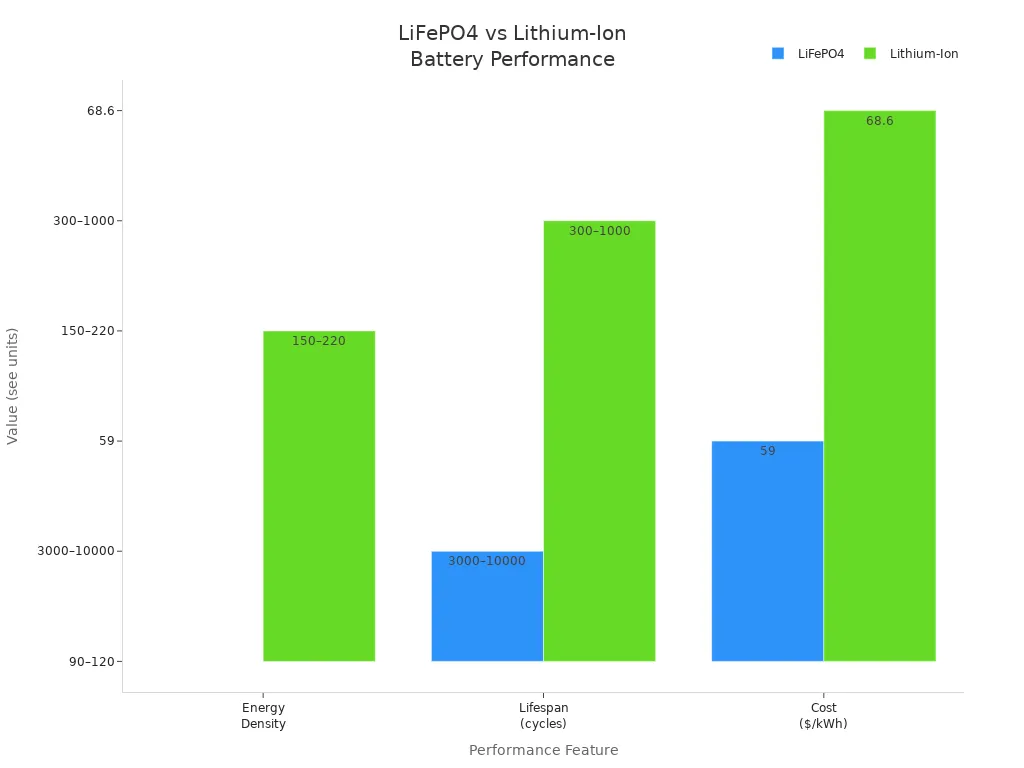
LiFePO4 batteries last for more charge cycles. They are safer than lithium-ion batteries. Lithium-ion batteries fit better in small devices because they hold more energy.
Lead-acid
Lead-acid batteries have been used for cars and backup power for many years. They cost less when you buy them. LiFePO4 batteries save money over time because they last longer and need less care. Check the table below:
| Attribute | LiFePO4 Batteries | Lead-Acid Batteries |
|---|---|---|
| Lifespan | 5 to 8 years | 3 to 5 years |
| Safety | Low hazard, non-toxic | Hazardous, toxic lead |
| Cost | $300-$1000+ (saves over time) | $100-$200 (cheaper upfront) |
Lead-acid batteries are heavy and need regular checks. LiFePO4 batteries are safer and last longer. They work well in solar systems and electric cars.
Other technologies
Some new batteries like solid-state and sodium-ion are being tested. They might work better in the future. LiFePO4 batteries are safe and last a long time. The table below shows their good and bad points:
| Advantages of LiFePO4 Batteries | Disadvantages of LiFePO4 Batteries |
|---|---|
| Enhanced Safety | Lower Energy Density |
| Long Cycle Life | Higher Cost |
| Stable Performance at High Temperatures | Reduced Voltage |
| Fast Charging Capability | Slower Discharge Rate |
| Low Self-Discharge Rate | Bulkier Size |
| Environmental Friendliness | N/A |
| High Discharge Current | N/A |
| Ease of Maintenance | N/A |
LiFePO4 batteries give steady power and are easy to take care of. New battery types may get better soon. LiFePO4 batteries work well right now.
Widely used in mainstream models
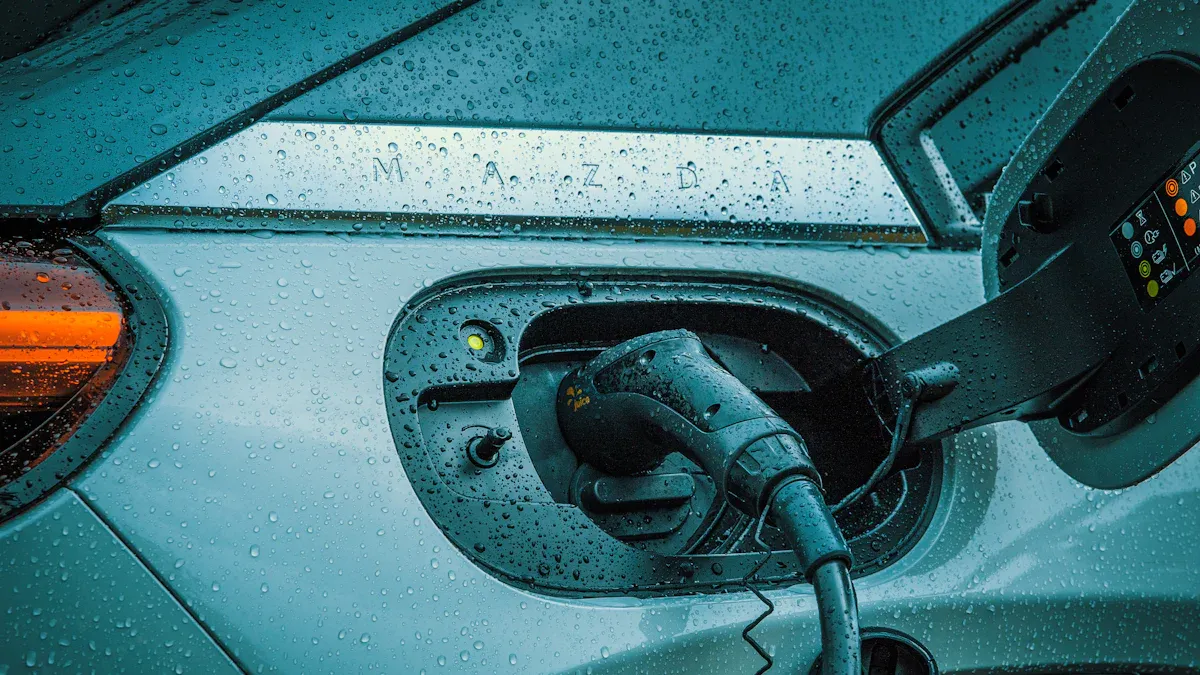
LiFePO4 batteries are used in many popular products today. You can find them in electric vehicles, energy storage, and electronics. These uses show how much the market has changed. Many people trust this battery technology now.
Electric vehicles
Many electric vehicles use LiFePO4 batteries. Car companies put them in cars, buses, and forklifts. In China, most new electric cars use these batteries. The number keeps going up every year. Experts think the market will grow by 12.2% each year from 2025 to 2032. This is because batteries are getting better. Governments also want cleaner cars. You can also see these batteries in go-karts and electric bikes. These vehicles need safe and strong power. LiFePO4 batteries give them what they need.
EV makers pick LiFePO4 batteries because they last longer and work in all kinds of weather.
Energy storage
LiFePO4 batteries are used to store energy for homes and businesses. They save extra solar power during the day. You can use this power at night or when it is cloudy. These batteries help keep the power grid steady. They can give or take power when needed. This helps keep the voltage right and supports green energy.
- Save solar energy for later
- Help control voltage and frequency in the grid
- Give backup power to homes and businesses
Consumer electronics
You use LiFePO4 batteries in many gadgets every day. They power phones, laptops, and chargers. These batteries give safe and steady power to your devices. You also find them in speakers, camping tools, and medical gear. More people want electronics with these batteries because they are safer and last longer.
| Application | Example Devices |
|---|---|
| Smartphones | Mobile phones, tablets |
| Laptops | Notebooks, ultrabooks |
| Power banks | Portable chargers |
| Other devices | Bluetooth speakers, flashlights |
LiFePO4 batteries are used in many popular products. The market will keep growing as more people want electric cars, energy storage, and better electronics.
Choosing the right battery
Application needs
You need to pick a battery that matches your project. Think about what your device needs. Check the battery’s capacity and voltage. Look at how it charges and discharges. Make sure it works in your temperature range. Energy density is important too. Cycle life tells you how long it lasts. Safety features help keep you safe. The Battery Management System (BMS) is also important. Pick a battery that fits your device and works well where you use it. Some good choices are Battle Born Batteries 100 Ah, ExpertPower 12V 100Ah, and Renogy 12V 100Ah. These batteries work well and have strong safety features. You can use them for solar storage, electric vehicles, or backup power.
Pros and cons
Every battery has good and bad sides. You should know both before you buy. The table below shows the main pros and cons of lifepo4 batteries:
| Pros | Cons |
|---|---|
| Higher energy density than lead-acid | Lower energy density than other lithium-ion |
| Longer cycle life | Higher initial costs |
| Improved safety | Complex battery management system requirements |
| Fast charging capabilities | Weight and size constraints |
| Low maintenance | Limited production capacity |
| Environmental friendliness | |
| Extended temperature range | |
| Stable voltage output |
Lifepo4 batteries last longer and need less care. You pay more at first, but you save money later.
Buying tips
You want to make a smart choice when you buy a lifepo4 battery. Look at these important points:
| Aspect | Description |
|---|---|
| Cycle Life | Lifepo4 batteries can handle up to 5,000 cycles. This means they last longer and give you better value. |
| Value For Money | Lifepo4 batteries cost more than lead acid, but they last up to 10 years. You get more for your money. |
| Maintenance | Lifepo4 batteries need less care. Lead acid batteries need new cells after one year, but lifepo4 can last five years or more. |
| Environmental Impact | Lifepo4 batteries use fewer toxic metals. They do not have lead or cadmium, so they are safer for nature. |
| Warranty | Good lifepo4 batteries have a warranty of 1 to 6 years. Lead acid batteries usually have only 6 months. |
Tip: Always check the warranty and brand before you buy. A trusted brand gives you better help and peace of mind.
You can find lifepo4 batteries in electric cars and solar power. They are also used for backup power. The market is growing fast because lifepo4 batteries are safe. They last a long time and help save money. Experts think the battery market will be twice as big by 2032. This is because people want clean energy and smart technology. Lifepo4 batteries work well even in tough places. You do not need to take care of them much. If you want to know about charging or working with us, ask our team for help.
-

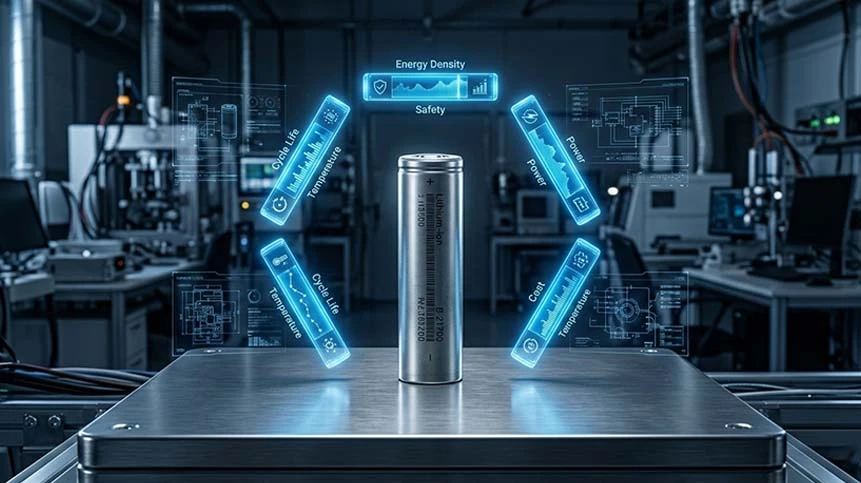 May.2026.02.27Lithium-Ion Batteries: The Six Constraints Blocking the Path to PerfectionLearn More
May.2026.02.27Lithium-Ion Batteries: The Six Constraints Blocking the Path to PerfectionLearn More -

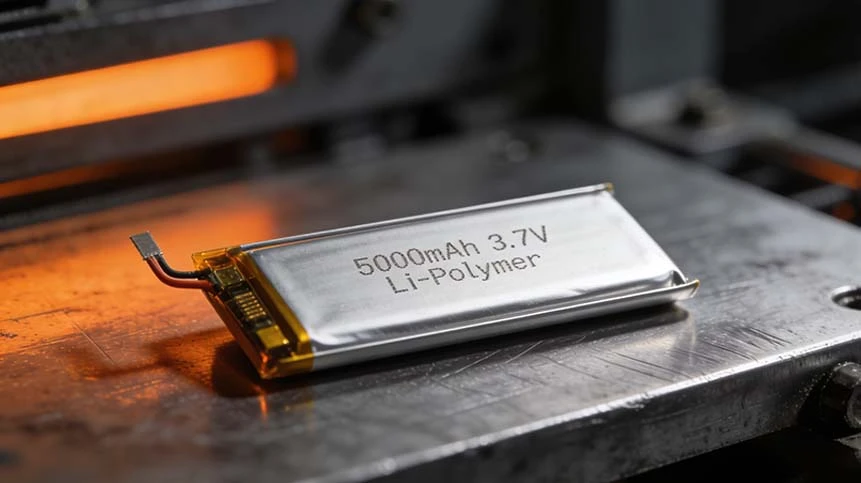 May.2026.02.25Li-Polymer Battery 5000mAh: Complete Technical & OEM GuideLearn More
May.2026.02.25Li-Polymer Battery 5000mAh: Complete Technical & OEM GuideLearn More -

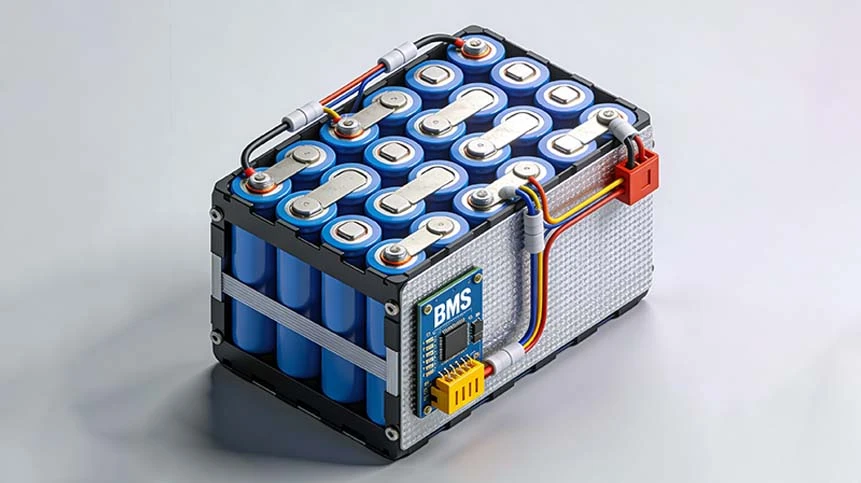 May.2026.02.24The Unparalleled Advantages of Lithium-Ion Batteries Over Traditional BatteriesLearn More
May.2026.02.24The Unparalleled Advantages of Lithium-Ion Batteries Over Traditional BatteriesLearn More -

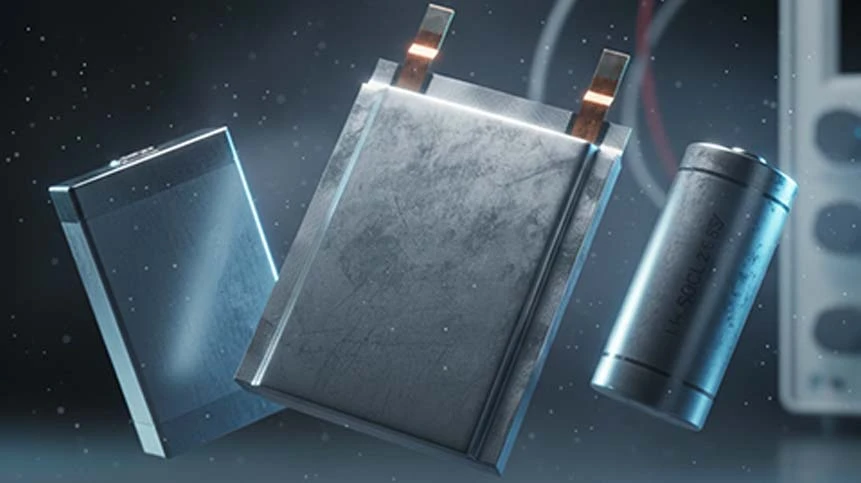 May.2026.02.243.6 Volt Battery: Complete Technical Guide for Engineers & BuyersLearn More
May.2026.02.243.6 Volt Battery: Complete Technical Guide for Engineers & BuyersLearn More -

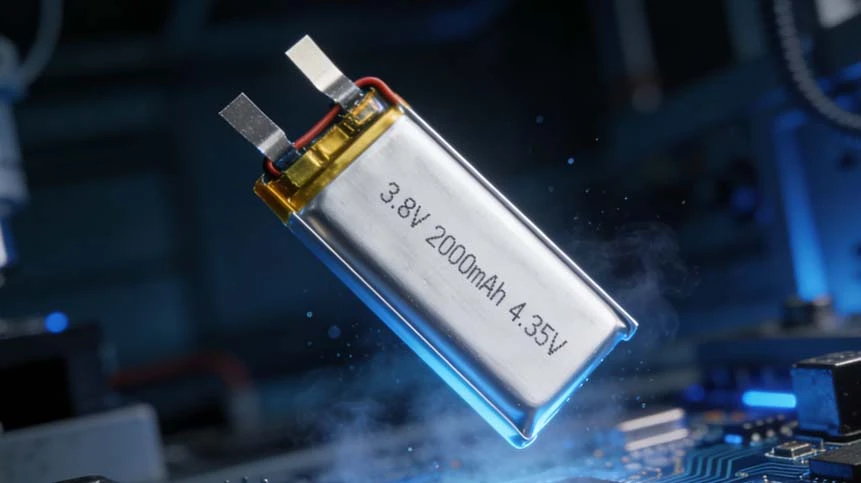 May.2026.02.24What Is a 3.8V LiPo Battery? A Complete Engineering & OEM GuideLearn More
May.2026.02.24What Is a 3.8V LiPo Battery? A Complete Engineering & OEM GuideLearn More




